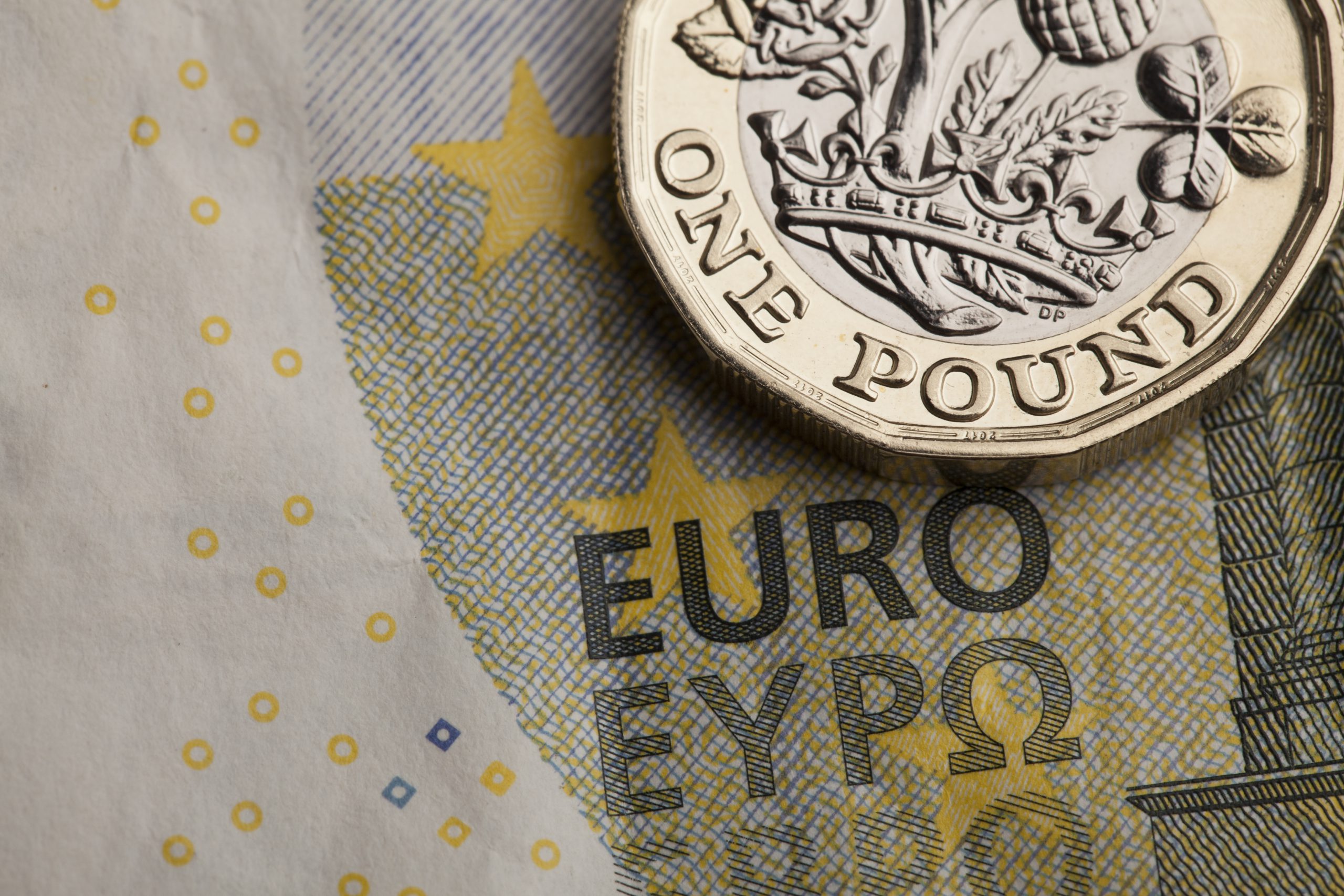GBP/EUR Exchange Rate Fluctuates as Eurozone Unemployment Remains at Record Lows
The Pound Euro (GBP/EUR) exchange rate is trading erratically this morning as unemployment in the Euro area remains at 6.5%, despite the energy crisis.
At time of writing the GBP/EUR exchange rate is around €1.1356, relatively unchanged from this morning.
Euro (EUR) Supported by Strong Labour Market
The Euro opened the week with some modest support from economic releases. German industrial production returned to growth as it beat forecasts, following a contraction the previous month.
Meanwhile, unemployment figures remained at its record low of 3.5%. Despite soaring energy prices crippling much of the Euro area’s economy, unemployment fell by 2000. Matching the lowest rate since records began in 1998, a resilient labour market in the face of a slowing economy is buoying investors. Bert Colijn commented:
‘Overall, the resilient labour market is a positive for Europeans who are already seeing incomes come under pressure due to high inflation. This dampens the negative economic consequences of the inflation shock.’
Looking ahead, the negative correlation the Euro shares with the US Dollar could see investors keeping an eye on US inflation data later this week. An expected softening could temper Federal Reserve rate hike bets, thus sapping demand for the safe-haven ‘Greenback’. An improving market sentiment could boost the single currency.
Pound (GBP) Undermined by Gloomy Economic Outlook
Meanwhile, the Pound looks to be in for another tricky year as the Resolution Foundation has added to the chorus of warnings for the coming year. With the cost-of-living squeeze set to continue through 2023, a £2100 drop in incomes for households will be expected.
Soaring energy prices, set to increase once the government support scheme ends in April, rising taxes and interest rates will pile on the pressure. 2023 could be even more difficult for millions of households in the UK.
Looking ahead, the ongoing income squeeze is likely to exacerbate industrial unrest that is already taking its toll on the economy. Ministers are set to sit down with union leaders today, hoping to reach a resolution to the numerous strikes set to continue.
Meanwhile, GDP growth data could sour investors’ spirits further when it prints on Friday. An expected shrinking of the economy could bring Sterling lower. Following from a 0.5%, GDP in the UK is set to weaken by 0.3%.


Comments are closed.